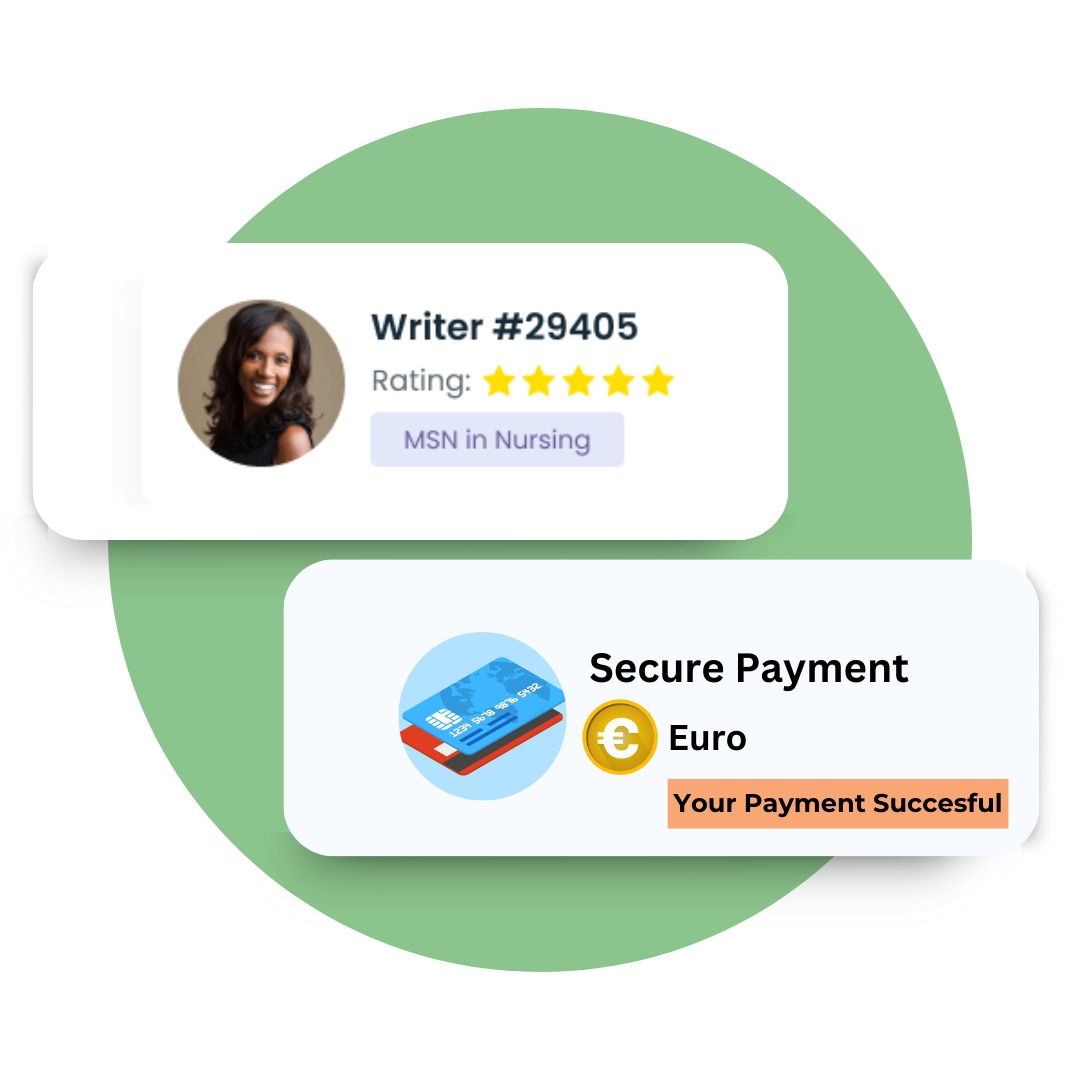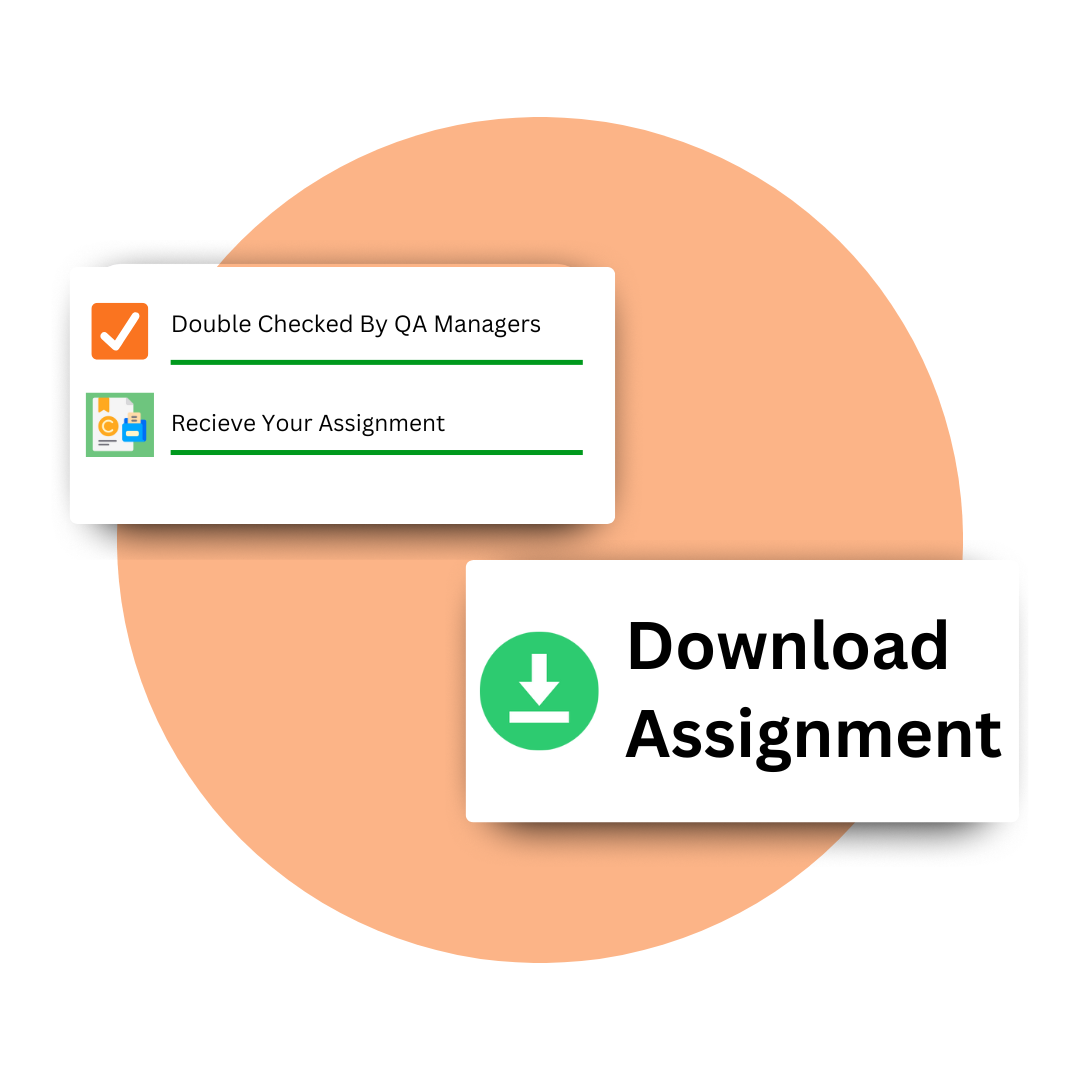Here are three simple steps to get effortless CIPD 3RAI assignment help in the UAE:

Specify your academic requirements by carefully filling in the order form.

Recheck each instruction by reviewing the form for your paper order.

Pay for your paper via trusted gateways like PayPal and debit/credit cards.
Your confidentiality is our top priority. Request 3RAI Assignment help through our highly-encrypted platform, and we’ll ensure your info stays in-house.
We strive to improve in everything we do. Tell us if you’re not satisfied with our writing quality. We’ll redo it & send it again for FREE!
Our Native Expert writers vouch for the timely delivery of every task. 98% of our orders arrive on time. Bid adieu to missing deadlines today!
The availability of our assignment writing services guarantees super quality. Our experienced writers can help with any type of assignment you’d like.
Need custom-written 3RAI assignment answers for CIPD Level 3 qualification? Look no further! Our expert team of CIPD-qualified writers delivers high-quality, 100% human-written assignment answers tailored to your specific requirements. Whether you need help with data management or HR analysis, our specialists ensure that every piece is unique and meets all CIPD standards, giving you the best chance at success.
Affordability is key when it comes to education, and we offer competitive pricing without compromising on quality. Our custom CIPD Level 3 assignments are crafted meticulously by professionals with deep subject knowledge, ensuring that you get premium content at an affordable price. You won’t find any plagiarism or generic work here, just well-researched, original content that meets your needs.
Organizations collect and manage HR data to enhance decision-making processes, improve operational efficiency, and align human resource practices with organizational goals. Accurate and timely data allows HR professionals to identify trends, forecast future needs, and implement strategies that contribute to overall business success.
The range of data collected includes, but is not limited to:
The collected data supports HR practices in various ways:
2.1 Different Types of HR Information Systems
Computerized HR Information Systems (HRIS)
Organizations must adhere to legal requirements regarding data collection, including:
Implications for Sharing Employee Information
HR professionals must be skilled in maintaining, updating, and manipulating HR data for analysis. This includes:
When presenting HR data, it is crucial to consider the audience and their needs. Key elements include:
Discover why students across the UAE choose our services for their academic needs. Here are some testimonials from our satisfied clients
H
Hamdan saif

Only 2 days were left to submit my 3000-word CIPD Level 3 assignment at Leeds Beckett University and I was panicked. But thanks to CIPD Assignmnet Helper who came to the rescue and delivered quality assignments within a day. I had enough time to revise it before submission.
F
Fathima Qureshi

As a student from LEORON Institute, I was afraid to choose an online service for my CIPD level 3 assignment but the result I got from the CIPD Assignment Helper was outstanding. The structure and the coverage of topics were very clear. My instructor had a positive feedback on the assignment. Will be back here soon! Thank you so much.
A
Abu Bakar

I needed a last-minute assignment for my CIPD Level 3 and thanks to the CIPD assignment helper. they delivered a perfectly written assignment that my professor in PwC’s Academy was impressed with and gave me top marks every time I get an assignment I come here and get top marks.
M
Muhammad Al Maqah

I’m a student doing my CIPD course from avodo in Fujairah. I was struggling with my CIPD Level 3 assignment but thanks to this website. I got my assignment within 3 days and the assignment quality was so good that I passed my course with very good grades.
M
Mariam

Thank you for your professional assignment; today i was appreciated by my professors for writing the best assignment and they praised me because of you and they don’t even know that
A
Abdul Hassan

I ordered my CIPD assignment here for the first time and got outstanding results. I got an A+ and saved a lot of time.
Master the art of managing HR data with expert help in your 3RAI assignment. With our support, you'll produce a high-quality, well-organized assignment that meets all requirements.
